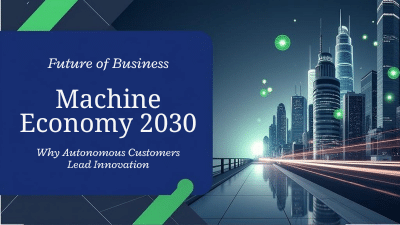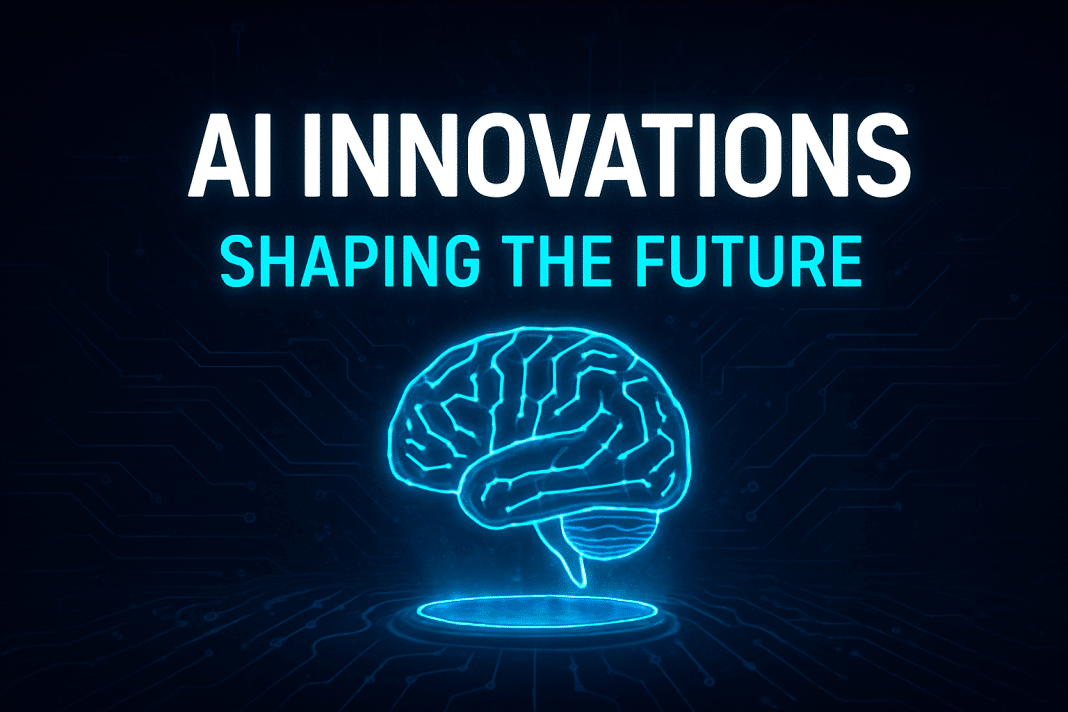Introduction: A Tech Revolution in Motion
Technology is evolving faster than ever, reshaping how we work, live, and connect. From artificial intelligence to quantum computing, the future of tech is set to redefine industries, economies, and daily life. Staying ahead of these trends isn’t just exciting—it’s essential for businesses and individuals who want to remain relevant.
Artificial Intelligence Becomes Everyday
AI is no longer just powering chatbots or smart assistants. It’s becoming the backbone of decision-making in healthcare, finance, logistics, and even creative industries.
- Healthcare: AI diagnoses are reducing errors and speeding up treatment planning.
- Finance: Algorithms are predicting market trends in real time.
- Retail: Personalized shopping experiences are driven by AI insights.
AI will soon shift from being a tool to becoming a collaborative partner in business and daily tasks.
The Rise of Quantum Computing
Quantum computing is transitioning from theory to real-world applications. Unlike traditional computers, quantum systems can solve problems that would take classical machines centuries.
- Drug discovery: Pharmaceutical companies are testing new compounds faster.
- Cybersecurity: Quantum encryption could reshape data protection.
- Climate modeling: Faster simulations could help tackle global warming.
While still in early stages, quantum breakthroughs will likely accelerate by 2030.
The Next Internet: Web3 and Decentralization
Web3 is challenging the way we think about online ownership and digital identity. Powered by blockchain, it promises more control for users and fewer middlemen.
- Decentralized finance (DeFi) lets users transact without banks.
- NFTs go beyond art, representing real estate, tickets, and intellectual property.
- Decentralized apps (dApps) are offering new business models for startups.
Although regulatory hurdles remain, Web3 could transform how we interact with the internet.
Smart Cities and Sustainable Tech
Cities worldwide are adopting connected infrastructure to solve traffic, energy, and pollution problems.
- IoT sensors monitor air quality and traffic flow.
- Renewable energy grids make power more sustainable.
- Autonomous public transport reduces congestion.
By 2035, experts predict that over half of megacities will rely on AI-driven urban management.
Extended Reality (XR) and the Metaverse
Virtual reality (VR), augmented reality (AR), and mixed reality (MR) are converging into extended reality (XR). These technologies are redefining education, entertainment, and work.
- Education: Virtual classrooms offer immersive learning.
- Retail: Try-before-you-buy experiences in VR stores.
- Work: Remote collaboration in metaverse offices.
With tech giants investing billions, XR could soon become as common as smartphones.
Cybersecurity in a Hyperconnected World
As devices multiply, so do security risks. Future cybersecurity will rely on:
- AI-driven threat detection.
- Zero-trust security frameworks.
- Quantum-resistant encryption.
Protecting data in an interconnected economy will be one of the biggest challenges—and opportunities—of the next decade.
Real-World Example: Tesla’s AI-Powered Future
Tesla offers a glimpse of tech integration at scale. From self-driving cars powered by machine learning to energy storage systems connected by smart grids, it shows how AI, IoT, and sustainable tech converge.
Conclusion: Preparing for the Next Tech Era
The future of tech is about convergence—AI, quantum computing, Web3, smart cities, XR, and cybersecurity are intersecting to create entirely new possibilities. Businesses and individuals must embrace adaptability, invest in learning, and stay informed to thrive in this fast-changing landscape.
Related Reading
- Machine Customers 2025: The $30 Trillion Market Opportunity Explained
- Why AI-resistant careers are on the rise: What to learn now for long-term success.
- Top Future-Proof Careers for 2026: Jobs That Will Thrive in the AI Era
FAQs
1. What is the most important emerging technology?
AI is the most impactful, as it influences nearly every industry, from healthcare to finance.
2. How soon will quantum computing become mainstream?
Experts predict wider adoption by the early 2030s, with significant progress already underway.
3. What is Web3 in simple terms?
It’s the next generation of the internet where users own their data and digital assets directly.
4. How will smart cities affect daily life?
Expect smoother traffic, cleaner air, and more efficient energy use in major cities.
5. Should individuals prepare for the metaverse?
Yes, especially for careers in design, development, education, and digital commerce.




